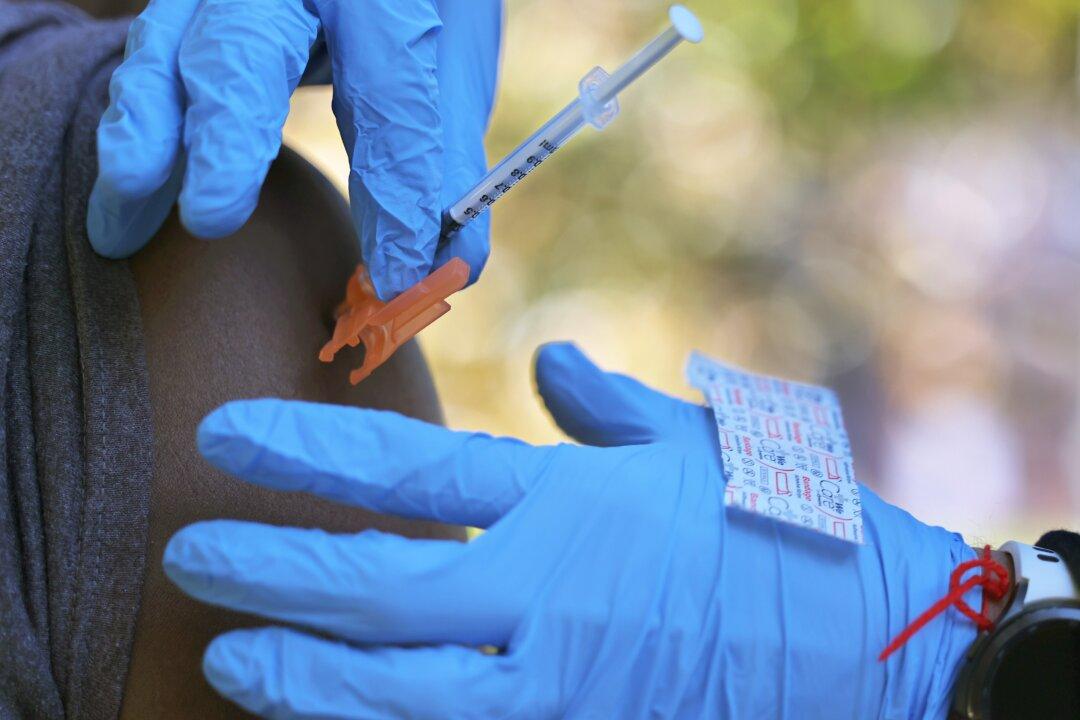COVID-19 vaccines are better in terms of protection than so-called natural immunity, according to a new Centers for Disease Control and Prevention (CDC) study.
Researchers with the health agency used data from a CDC-funded network of hospitals and attempted to estimate the odds of contracting COVID-19.





